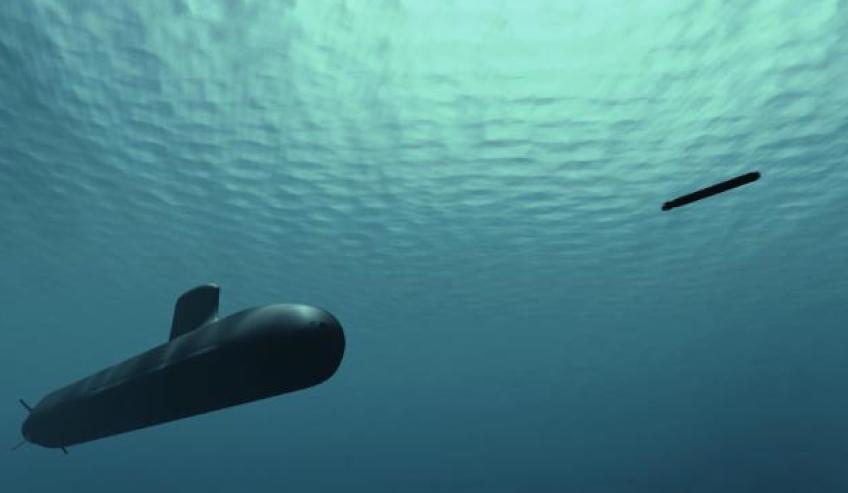The Liberal government jeopardised the success of the SEA 1000 Future Submarine Project by downselecting Naval Group too early, Richard Marles has said.
To continue reading the rest of this article, please log in.
Create free account to get unlimited news articles and more!
Speaking at the fourth Submarine Science, Technology and Engineering Conference in Adelaide, opposition defence spokesman Richard Marles said the SEA 1000 project fell victim to political interference.
"The subs procurement was played as a chip in a leadership contest, tossed around the government party room in an effort to secure leadership votes in early 2015," Marles said.
"Desperate for an announcement before the 2016 election to cover for their lack of progress, they downselected to one designer far too early. Decisions like this shouldn’t be made on political imperatives."
In 2015, three submarine builders, France's Naval Group, tkMS of Germany and Mitsubishi of Japan were invited to develop pre-design concepts for a submarine that could deliver the Navy’s ambitious capability requirement. Naval Group was then selected as the successful tenderer in 2016.
Marles argued the decision itself to select Naval Group was not a mistake, citing the company's record as playing a large factor in France being the world's second-largest defence exporter, but removed competitive pressure and risked making mistakes in the project by downselecting to one designer too early.
"When you rush big decisions to fit a political timetable, you make mistakes," he said.
"In this case the mistake isn’t the choice of partner – it’s moving to a single tenderer this early, and taking away all the competitive pressure in the process.
"Despite themselves, the government has found a very good partner for Australia in Naval Group. They are a world-class company with a strong history of delivering submarine capability for the French and others.
"Naval Group are a truly world-class outfit. They’re a big part of France’s success at becoming the world’s second-largest defence exporter. And despite the absence of the competitive pressure that another bidder would provide at this point, I’m sure they’ll deliver on what the government is asking of them."
This is not the first time the government's decision to downselect to one designer has come under fire.
A recent Insight Economics report, authored by former Australian Public Service chief Michael Keating and former Defence Department deputy secretary Hugh White, argued that a lack of competition from another bidder could cause massive headaches for the Department of Defence.
"Eliminating competition at such an early stage of the procurement process is a highly risky approach," the report said.
"We see very substantial risks both in undertaking an ab initio design and in proceeding to the project definition and design phase with just one partner.
"The lack of competition down the track could lead to severe difficulties for Defence in terms of capability, cost and schedule."
Australia's 12 Future Submarines will be built in Adelaide with construction to commence in in 2021-22.
Construction will run into the late 2040s to 2050 timeframe.

 Login
Login







